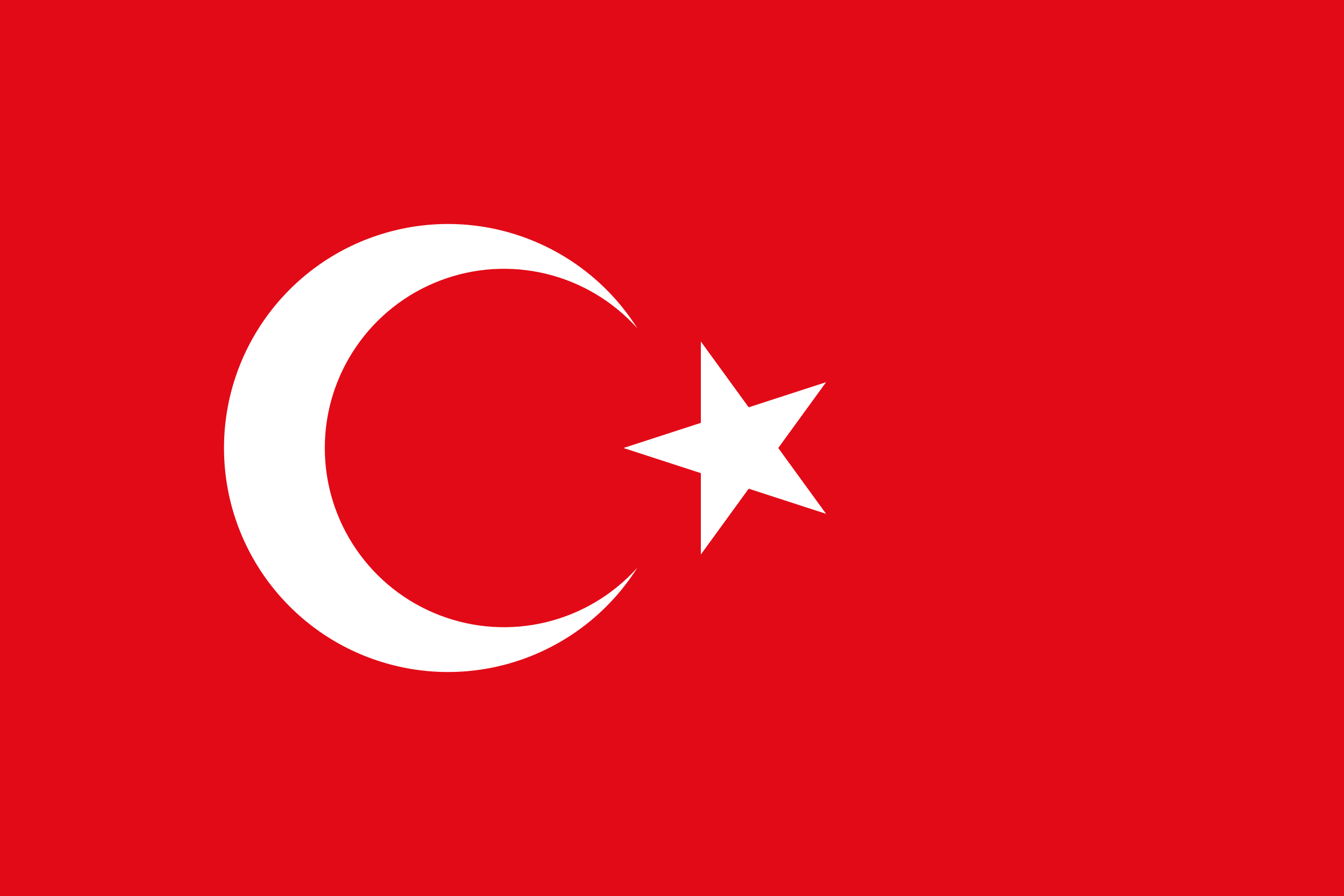
Turkey Country Report
Country Risk Level: Medium

Download Report as PDF
Get a printable version of this country report for offline reference.
Turkey is a MEDIUM RISK country. The threat of terrorism and political violence are the primary risks to travellers.
Essential Precautions:
- Avoid travelling through unlit areas, or travelling alone at night
- Avoid criticising the government on social media
- Avoid street food in general, and only drink bottled water
- Avoid demonstrations and protests, as they can often turn violent
- Do not loiter near or photograph government buildings or security installations
- Avoid areas in southeastern Turkey near the Syrian and Iraqi borders
Insurance becomes a priority if you intend to travel or work in Turkey. Travelling to Turkey can be an enriching experience, but it's essential to be aware of certain risks and considerations. The situation can change rapidly, so it's essential to consult up-to-date travel advisories from your government or reliable sources like the U.S. State Department, UK Foreign Office, or your country's equivalent. Here are some factors to consider:
Crime and Security
There are multiple domestic and international terrorist groups that have all carried out large and small-scale attacks in Istanbul, Ankara, and southeastern Turkey in recent years. These groups include the Islamic State (ISIS), the Kurdistan Freedom Falcons (TAK), and the Revolutionary People's Liberation Party-Front (DHKP-C). Targets have included Ataturk International Airport, crowded areas, nightclubs, and mosques. Turkey continues to face a significant terror threat stemming from its involvement in various regional conflicts and from domestic extremism. The country has a relatively low crime rate, though petty theft is common in crowded tourist areas and markets. Pickpocketing and bag snatching are the most common forms of petty crime. Violent crime targeting foreigners is rare, though there is a low risk of kidnapping by militant groups, particularly in the southeast. Protests, strikes, and demonstrations are common and often disrupt traffic and turn violent.
Medical & Health Risk
Standards of medical care are adequate in all urban centres but remain limited in rural areas. Seek out private hospitals if care is required. Emergency services are reliable in cities. Infectious diseases present little risk to travellers. Tap water is not safe to drink.
Environmental Risk
Turkey is situated in a highly active seismic zone. The north and east can experience high magnitude earthquakes that have devastating potential. In 1999, the Izmit earthquake killed over 18,000 people. Turkey also occasionally experiences destructive torrential rains that can cause flooding and landslides, especially during the rainy season from November to March.
Political Situation
Turkey's political landscape can be complex and occasionally volatile. Tensions may arise from domestic political developments, protests, or conflicts with neighboring countries. Travellers should avoid participating in political demonstrations or activities and stay updated on the latest news.
Transport & Infrastructure Risk
Infrastructure outside of major cities is poor. Road travel can be hazardous in rural areas, especially at night. There is a high rate of accidents, with more than half of collisions occurring in Ankara and Istanbul. Public transportation is generally reliable. While the Turkish rail network maintains poor safety standards, Istanbul's metro system is safe and efficient. The power grid is reliable.
Regional Considerations
Some regions of Turkey, particularly near the Syrian and Iraqi borders, may have heightened security risks due to conflicts or tensions. Travellers should exercise caution and consider avoiding non-essential travel to these areas.
Cultural Sensitivities
Turkey is a predominantly Muslim country with its own cultural norms and customs. Travellers should respect local traditions, dress modestly, and be mindful of Islamic practices, especially when visiting mosques or religious sites.
Despite these risks, millions of tourists visit Turkey each year without incident. By staying informed, exercising caution, and respecting local customs, travellers can enjoy all that Turkey has to offer while minimising potential risks.
Choosing the right cover for your trip to Turkey
Insurance cover for Turkey can often be restricted. It is vital to check that your policy includes journeys to this nation. Find out if your policy coverage includes medical expenses, repatriation, crisis management, and kidnap for ransom cover. Healthcare quality is inconsistent throughout the country, and depending on location, it may be necessary to evacuate you for medical and other critical care.
Required Vaccinations:
- None
Pre-Trip Checklist:
- Carry a copy of your passport.
- Bring a necessary supply of prescription medication.
- Bring a copy of your prescription in case medication is lost or stolen
LGBT travel advice for Turkey
While Turkey is relatively liberal compared to some neighboring countries regarding LGBTQ+ rights, discrimination and societal stigma against LGBTQ+ individuals still exist. Public displays of affection may attract unwanted attention, particularly outside major cities and tourist areas.